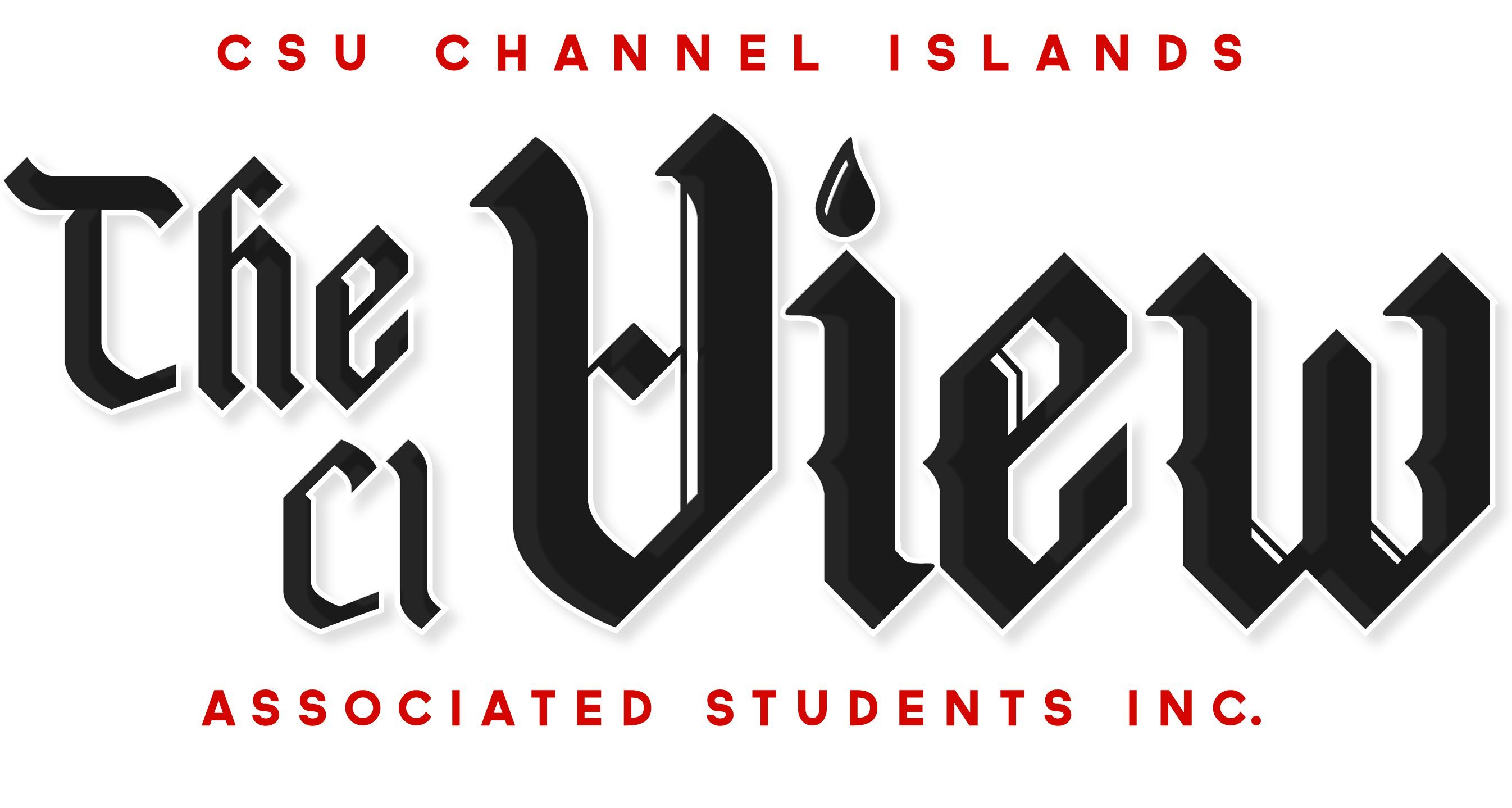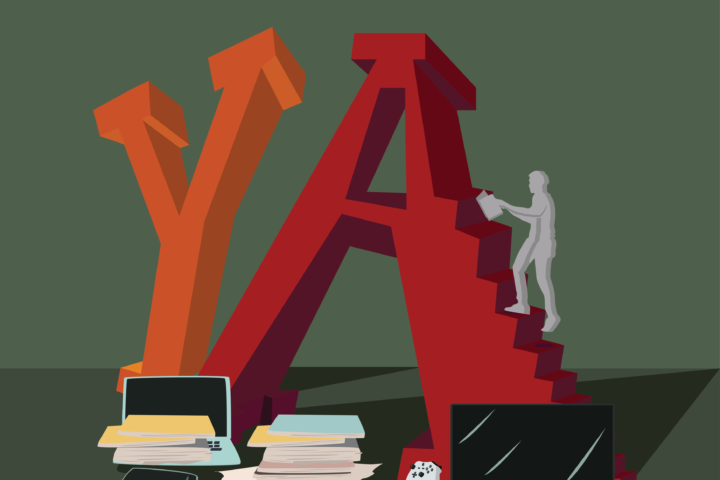By Jordan Wehlage
Reading for pleasure, rather than reading assigned material for classes, may seem like a thing of the past for many college students. According to a 2017 poll conducted by the National Endowment for the Arts, fewer than 50% of adults aged 18 to 24 had read at least one book for pleasure in the previous 12 months. This represents close to a 15% decrease from a similar poll conducted in 1992.
There are a plethora of possible reasons for this drop in voluntary reading. Researchers at Wilfred Laurier University suggest that the short-form nature of online content is contributing to decreased attention spans in young adults, making it more difficult to stay engaged in the pages of a novel. The smartphones in our pockets also contribute to our distractibility, constantly buzzing and dinging in competition for our attention and making us more likely to stray away from the book in our hands.
Additionally, students are often already splitting their time between work, classes, social activities and more, leaving them with fewer opportunities to carve out a large chunk of time to dedicate to reading. When there is time to read, it may be taken up by assigned reading given by professors. All of this means that the idea of picking up a book for fun might feel like a long shot for the modern college student.
This is where young adult literature (YA) comes in.
The American Library Association defines YA literature as being targeted toward an age bracket anywhere between 10 and 25 years of age, and encompassing a wide range of literary forms, from traditional novels to books of poetry to graphic novels.
There is a cultural tendency to value older literary classics above modern literature, and especially above literature perceived to be written for children or teens. Especially amongst college students who are deeply entrenched in the higher education scene, YA may get a bad reputation for being aimed toward a younger audience than traditional literature. It may not be considered to be of the same literary caliber as general adult fiction.
However, to the busy college student yearning for the days in elementary or middle school when they could read an entire book in one or two sittings, YA literature may provide the perfect opportunity to rekindle the love of reading.
YA books are often fast-paced, easy to digest and feature increasingly diverse and relatable characters. They are designed to engage a younger audience, yet they merit equal artistic credibility as their adult-targeted counterparts given the complex and universal themes they encompass.
YA as a category of literature is relatively young itself, with most agreeing that the genre only dates back to the publication of S. E. Hinton’s novel “The Outsiders” in 1967. As a result, YA content may be more relevant to a younger audience by nature, not to mention being written in language that is more accessible and understandable without extensive studying of the text.
When struggling to get back into reading, it does not matter what you read; it only matters that you do read. YA is the perfect solution to the conundrum of “reader’s block” because it is attention-grabbing, it moves quickly and it addresses adult themes in a way that is approachable yet engaging.
Whether you choose to stick with YA novels for a while or simply utilize them as a stepping-stone into reading more general fiction, this underrated body of work deserves to be given a chance. Who knows? You might just improve your reading comprehension and attention span, all while finding your new favorite author!
For your consideration, I have included a list of some titles that fall within either Young Adult or New Adult categories that I have personally read in the last year, or that have been enthusiastically recommended to me by other readers. Please check online for potential content warnings prior to reading if you have any concerns. Titles available through John Spoor Broome Library are marked with an asterisk.
- Elizabeth Acevedo – “The Poet X” – novel in verse
- Leigh Bardugo – “Six of Crows” duology – urban dystopia, heist
- *Leigh Bardugo – “Shadow and Bone” trilogy – magic, fantasy
- Jennifer Lynn Barnes – “The Inheritance Games” series – mystery
- Holly Black – “Folk of the Air” trilogy – high fantasy, romance
- *Angeline Boulley – “The Firekeeper’s Daughter” – Native American coming-of-age
- John Green – “Turtles All the Way Down” – fiction, mental illness
- Chloe Gong – “These Violent Delights” duology – “Romeo and Juliet” in 1920s Shanghai
- *Matt Haig – “The Midnight Library” – fiction, mental illness
- Sarah J. Maas – “Throne of Glass” series – high fantasy, adventure
- *Taylor Jenkins Reid – “Daisy Jones and the Six” – historical fiction, rockstars
- *Benjamin Alire Sáenz – “Aristotle and Dante Discover the Secrets of the Universe” – historical fiction, LGBTQ+ romance

